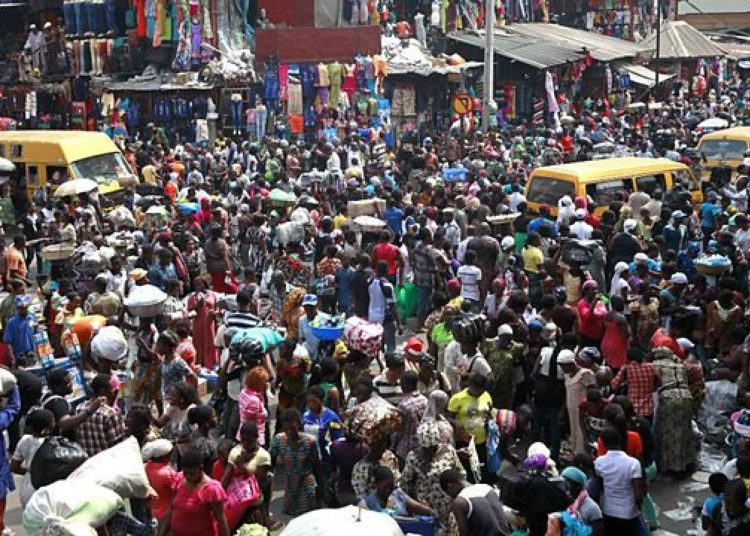A troubling new report has shed light on the scale of violence that has plagued Nigeria over the last four years, revealing that more than 20,000 people have lost their lives or sustained injuries in violent incidents across the country between 2020 and 2024.
The findings, compiled by Nextier, a non-governmental organization, paint a grim picture of a nation grappling with deepening insecurity and a surge in deadly attacks.
The data, sourced from Nextier’s Violent Conflicts Database, recorded 5,291 violent incidents within the period, with 2024 alone witnessing 43 terrorist attacks and 1,306 assaults by bandits. At a press briefing in Abuja, Dr. Ndubuisi Nwokolo, Managing Partner at Nextier, emphasized the need for urgent action to curb the crisis, as security threats continue to evolve.
The report, titled “Mutations of Terror and Conflict,” outlined a range of external and internal factors that could influence Nigeria’s security landscape in the coming year. Among these are the war in Sudan, the growing presence of terrorist groups across the Sahel, shifting geopolitical alliances—including Nigeria’s strengthening ties with France—and the increasing influence of Russia in Africa. The report warns that these dynamics, coupled with regional instability, could have significant implications for Nigeria’s fight against terrorism and organized crime.

Illegal mining in the North West region has been identified as a major driver of armed banditry, creating an environment where criminal groups thrive with little resistance. The report further noted an alarming rise in kidnappings, with 11,002 abductions recorded between June 2020 and December 2024, making the North West the most heavily affected area. The violence has not been confined to terrorist and bandit attacks alone, as ongoing clashes between farmers and herders remain a persistent threat to stability, particularly in the North Central and North West regions. According to the data, 2,347 people were killed in 359 farmer-herder conflicts over the four-year period, with 2024 accounting for 467 deaths from 61 such clashes, nearly 90% of which occurred in the North Central region.
Cult clashes, communal disputes, extrajudicial killings, and violent protests were also cited as contributors to the country’s rising death toll. The report documented 2,988 cult-related clashes leading to 695 deaths, with incidents peaking in 2022 before experiencing a decline in 2023 and 2024. Despite this drop, violence remains a key concern.
In response to the findings, the report urged the Nigerian government to adopt a more comprehensive approach to addressing insecurity, combining both military and non-military strategies. It emphasized the importance of equipping security forces adequately and ensuring that increased defense budgets translate into tangible security improvements. Furthermore, it raised concerns over the emergence of a new terrorist group, Lakurawa, which could escalate violence in 2025 if left unchecked. The authors recommended enhancing intelligence-gathering efforts and regulatory measures to contain this threat before it gains momentum.

The ongoing detention of Nnamdi Kanu, the leader of the proscribed Indigenous People of Biafra (IPOB), was also mentioned as a potential flashpoint for secessionist tensions. The report suggested that the government carefully reconsider its stance on Kanu’s imprisonment, as his continued detention could fuel separatist agitation. A political resolution, it argued, could help differentiate legitimate Biafra activists from violent elements seeking to exploit the situation.
Looking ahead, the report warned that Nigeria’s security challenges in 2025 will largely depend on how effectively the government handles key issues, including kidnapping, farmer-herder conflicts, and political unrest. Several factors—such as the implementation of livestock reforms, management of ethnic tensions, and the credibility of upcoming elections—will play a crucial role in shaping the country’s stability. The report also flagged rising political friction between Nigeria’s Igbo and Yoruba ethnic groups, political rivalries in Rivers State, and the spread of inflammatory rhetoric as additional sources of concern that could contribute to further instability if not properly addressed.



